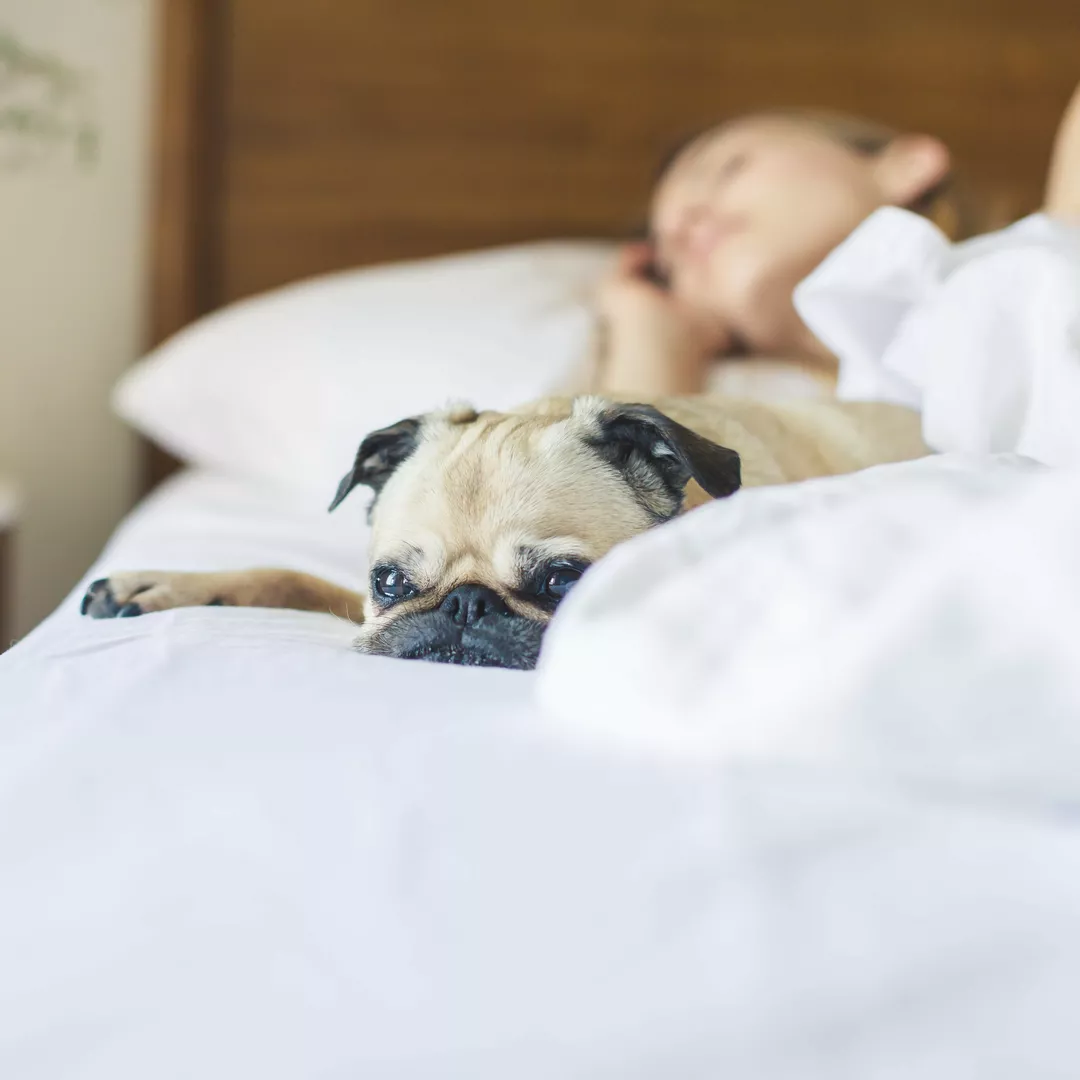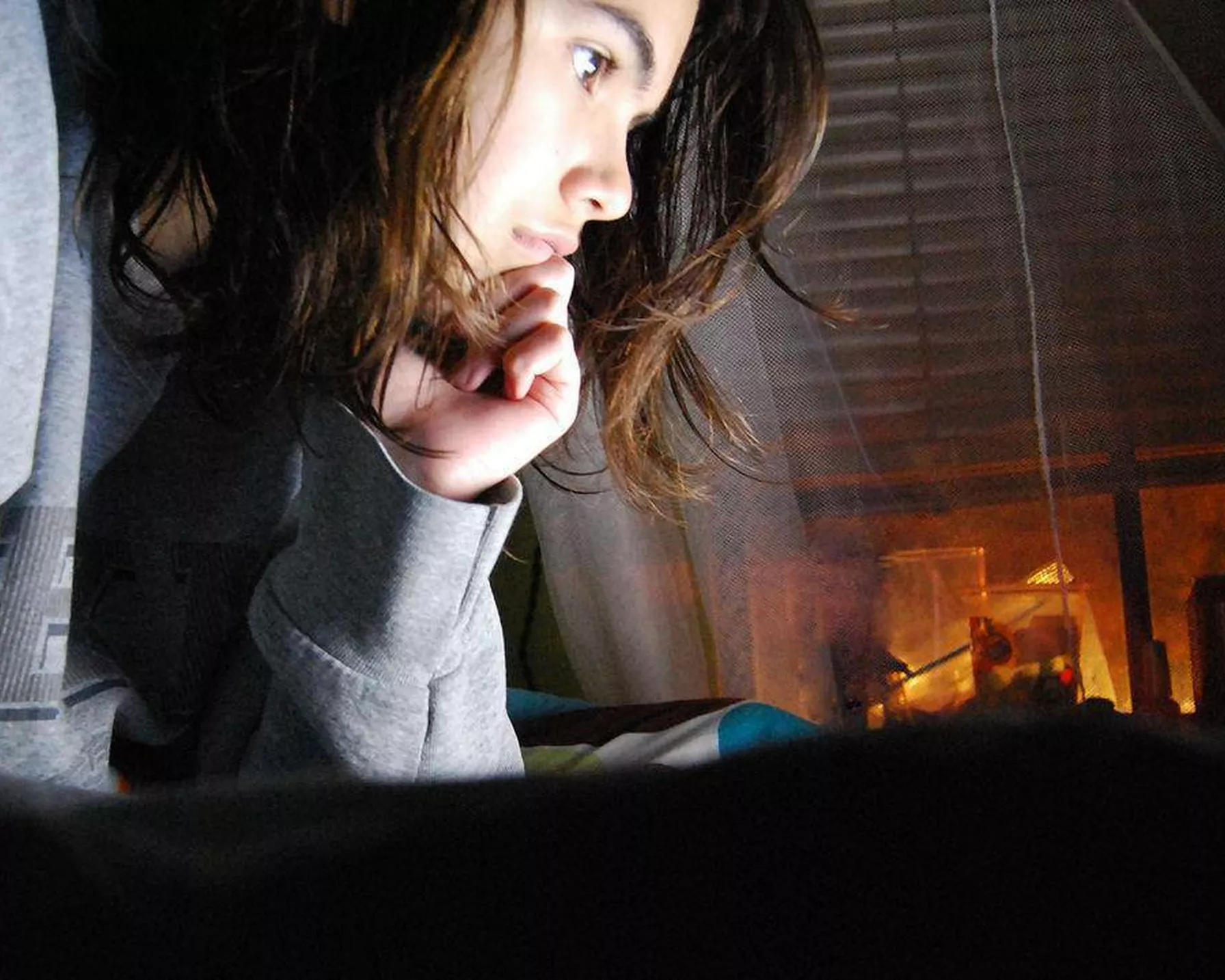Tips for a better night’s sleep
These tips can help you get a better night’s sleep, but if you still experience sleep problems, speak to your doctor or other healthcare professional.
- Stick to a regular sleep pattern whenever you can – go to bed and get up at the same time every day, even on weekends.
- Sleep in a comfortable room that’s cool and dark. On hot nights, aim to get some airflow over your skin by using a fan or opening windows, and wearing loose or sleeveless clothing. Having a cool shower before going to bed can also help.
- Try to end any stimulating activities (including exercise) at least one to two hours before your bedtime, to give yourself time in which to wind down and relax.
- Avoid distractions like your phone or watching tv during this wind-down time. Being in a brightly lit place or the blue light from electronic devices can suppress melatonin, the hormone that helps sleep.
- Avoid stimulants like caffeine, alcohol and cigarettes during the day and evening.
- Avoid naps in the evening, as these can make it harder to fall asleep at night.
- Don’t lie awake watching the clock if you can’t sleep – turn bright alarm clocks around and avoid checking the time. You can also get out of bed and do something relaxing until you feel more ready for sleep, while keeping the lights dim.
- Don’t spend more time in bed than required for your daily sleep needs.
- Try to spend time in natural daylight during the day. This will help with your body clock and the melatonin levels in the body, and improve sleep at night.
- Sleep aids like sleeping pills are available, but these are designed for short-term use and shouldn’t be relied on. It’s best to only take these if recommended by your doctor or pharmacist.


